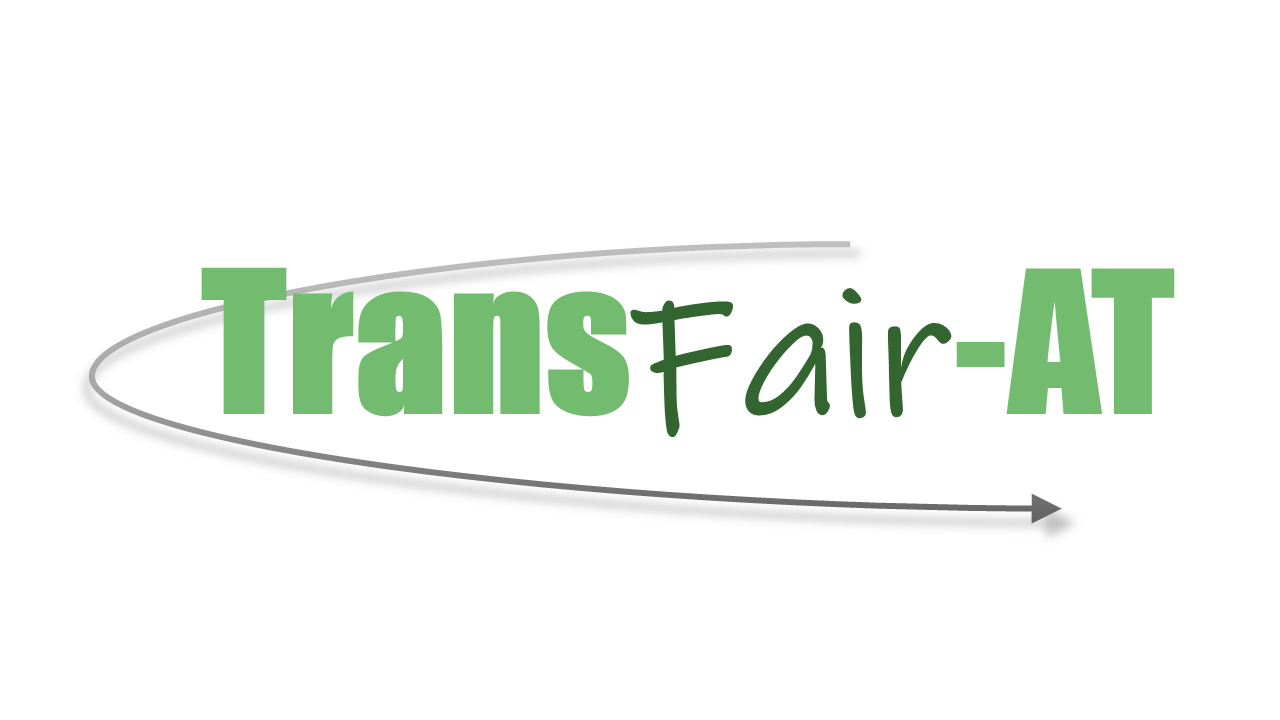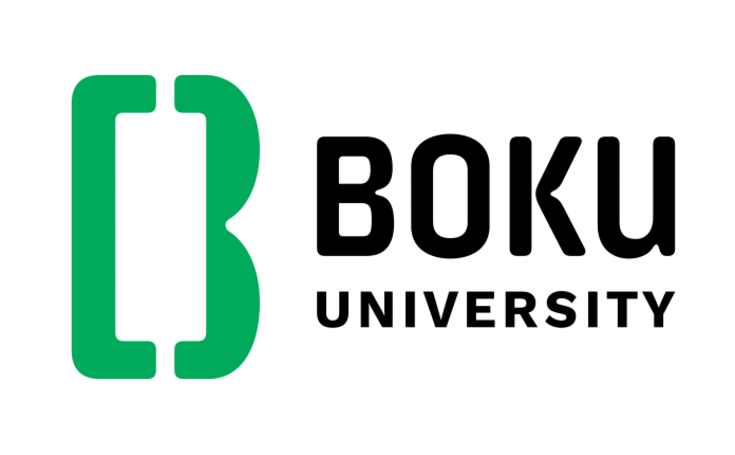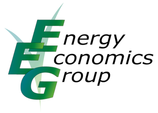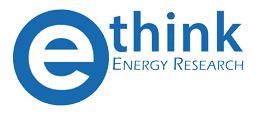Work Package 5: Stakeholder Involvement and Dissemination
Description
Stakeholder Integration
The integration of stakeholders took place in two ways: On the one hand through interactive workshops at the beginning and towards the end of the project that were aimed at a broad stakeholder audience (approximately 20 to 30 people) as well as an expert workshop on modelling issues which comprised both members of the Scientific Advisory Board (SAB) and other relevant stakeholders. The objective of the workshops was to integrate stakeholders’ knowledge and perceptions in the framing of policy scenarios at the beginning of the project, i.e. the identification of both mitigation and compensation measures as well as household types (see WP1), and in the framing of policy recommendations at the end of the project, e.g. which policy portfolios are perceived as fair by which stakeholder groups (see WP4). On the other hand, we established a small core Stakeholder Board (SB), similar to the SAB, that (a) will received continuous information on the project progress in quarterly meetings and (b) was asked to provide input also for intermediate project findings. Since it is typically difficult to maintain a continuous communication and participation of a large stakeholder group (“stakeholder fatigue”) this approach ensured more commitment and participation of key stakeholders. The interactive workshops that took take place online, employed interactive online tools such as miro or mural, which have been applied extensively by the WP leader. In order to provide a transparent documentation on how stakeholder knowledge was integrated and how stakeholder integrations have shaped the project design, process and results, we provided a detailed report on stakeholder and expert integration, one intermediate report after the first stakeholder and the expert workshop and one at the end of the project.
Dissemination
In addition to the stakeholder integration, we wanted to ensure a broad dissemination of the project’s progress and results by a wide range of publications (scientific as well as non-scientific and media). Project results were published in working papers, policy briefs, conference contributions as well as submissions for publications in international peer-reviewed journals were prepared. Moreover, a project website was set up and regularly updated; activities and results of the project were disseminated via WIFO’s e-Newsletter and social media (linkedin, twitter). Active steps to ensure coverage in national media outlets were taken. The existing and well-established media contacts available at WIFO were used to organise background conversation with journalists (print media, ORF, Austrian Press Agency). Publication of key findings in the weekly sections and/or supplements dedicated to science in national quality newspaper such as Der Standard and Die Presse will be sought.






